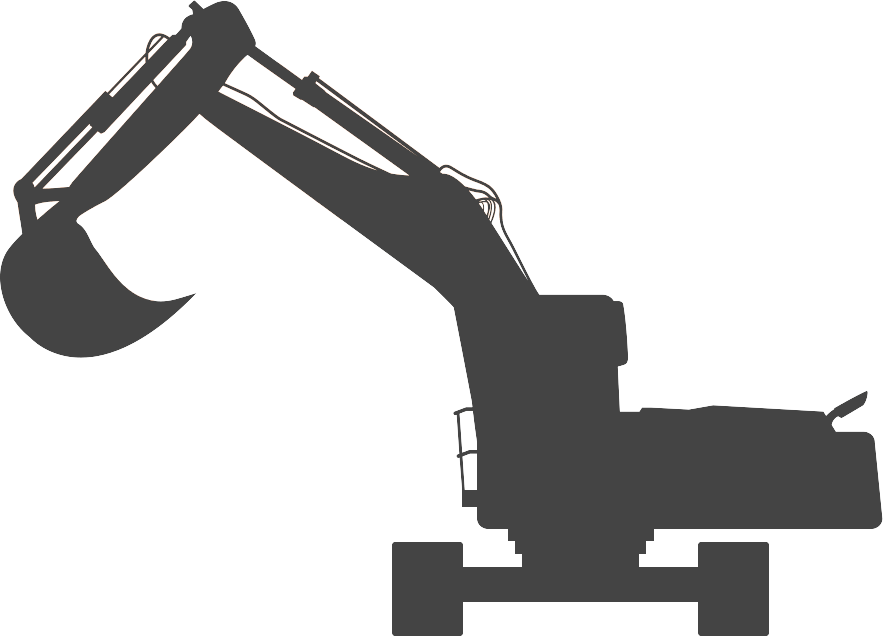
RAW MATERIALS


Bauxite
The production of aluminum begins with raw materials – bauxite (aluminum ore), a ground explored in the belt around the equator. Bauxite lies at a depth of several meters below the surface.






Crushing of bauxite
After extraction, bauxites are transported to plants, where clay is washed off from them and bauxites undergo a crushing process.


Alumina
Alumina, or aluminum oxide, is extracted from bauxite by refining.
Refining process
Alumina is released from bauxite using a hot solution of caustic soda and lime.

Cleaning of alumina
The mixture is heated and filtered, the filtered alumina is dried to obtain a white powder.
TREATMENT
The next stop is a metallurgical plant. Here, purified aluminum is obtained from aluminum.
Refining process
To obtain aluminum, three different types of raw materials are needed: aluminum oxide, electricity and carbon.
Electricity is run between the negative cathode and the positive anode, which are made of carbon. The anode carbon reacts with alumina oxygen and forms CO2.
The result is liquid aluminum, which can now be used in further production.
PRODUCTS
Liquid aluminum can then be formed in the form of sheets, ingots of casting alloys, extrusion ingots, depending on what it is used for.
Aluminum is transformed into various products.
Extrusion
The extrusion technology has almost unlimited possibilities and offers countless applications.
Process
During the extrusion, the aluminum ingots are heated and passed through a profile called a spinneret.
Rolled Products
Aluminum is very plastic. Initially, the ingot of aluminum decreases in thickness from 60 cm to 2-6 cm as a result of hot rolling. Next, a final product is produced by cold rolling, for example, aluminum foil with thickness up to 0.006 mm. At the same time, it does not let light, smells through and does not change the taste of the product.
Process
Sheet billets are used to produce sheet products: plates, strips, foil.
Primary casting alloys
The ingots of aluminum casting alloys are molded in various shapes and sizes. Further, the metal will be melted again in the foundry and converted, for example, into wheel disks or other parts of the car. The composition of the casting alloys is selected taking into account their further application.
Recycling
The processing of aluminum scrap requires only 5 percent of the energy used to produce new aluminum.
Aluminum can be processed again and again with 100 percent efficiency. In other words, none of the natural qualities of aluminum is lost during processing.
The processed product may be the same as the original product, or it may become completely different. In other words, aircraft aluminum scrap can be processed and as the final product an airplane will be obtained, or perhaps the final product – cookware. Airplanes, cars, bicycles, boats, computers, household appliances, wires and cans are all sources for recycling.
